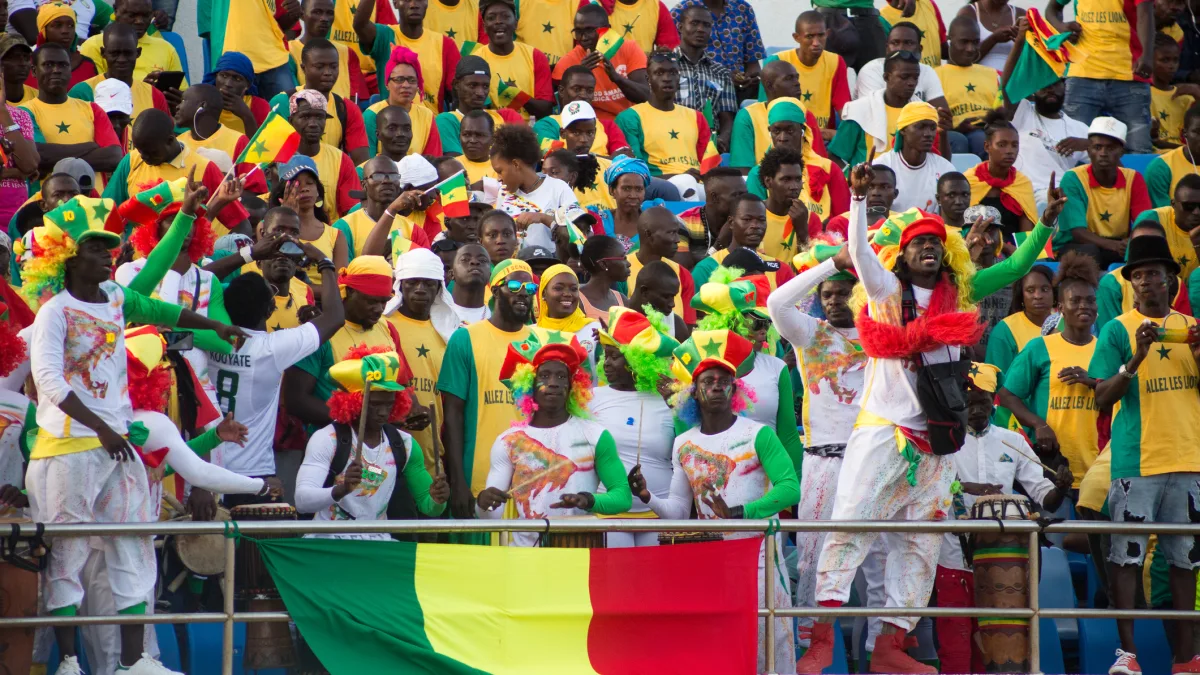It has been three years since Russia launched its war on Ukraine, and millions of Ukrainian women have fled their homeland to integrate in other countries. Of the nearly seven million Ukrainian refugees living abroad, 70 per cent are women.
Living as an exile comes with many challenges, not least of which is earning a living. Women Go Tech, a Lithuanian NGO focused on empowering women in tech, recently released a new study highlighting the challenges women in Central and Eastern Europe face during their career progression in the tech industry, and presenting strategies to empower women in tech.
The study included a section focused on understanding the struggles faced by Ukrainian women attempting to enter the tech sector in foreign countries.
Žydrūnė Vitaitė, co-founder of Women Go Tech, explains why this focus was important.
“Ukrainians are now all over the world, but refugees constantly face additional barriers to entering the job market,” says Vitaitė.
“Despite specific needs for women, Ukrainians also have to support their relatives back home and look for flexible job conditions, and many times, this isn’t easy. We wanted to understand how to help Ukrainian women by finding ways to eliminate these difficult and often unjust roadblocks, and through more abundant career development opportunities.”
Ukrainian women in tech: Nothing new
The study points out that the tech sector is a relatively safe and viable one compared to others more directly impacted by the war, such as manufacturing and heavy industries. In fact, it was already a growing option for Ukrainian women; remote work conditions have become common since border conflicts began in 2014.
According to the study, 43 per cent of Ukrainian women surveyed reported being comfortable using digital technologies. And they carry an entrepreneurial spirit, with 17 per cent of respondents expressing a long-term ambition to create their own business.
A separate UN study showed that women make up 29 per cent of STEM graduates in Ukraine, close to the 32 per cent average within the European Union and higher than in countries such as Germany and Austria.
“Our study shows that in the face of so many hardships, Ukrainian women remain ambitious and eager to achieve, collaborate, and integrate more than ever,” remarks Vitaitė. “But they still face significant obstacles, including ageism, pay disparity, and antiquated stereotypes.”
Gender biases are nothing new for women, and Ukrainian women were already facing ageism in the tech sector in their home country. Now as immigrants they are saddled with the additional expectation that they be willing to work for less money, simply because of their refugee status.
One Ukrainian expat in Poland (where the average tech salary is around 1,700 euros monthly) noted, “There are many Ukrainian migrants here in Warsaw, perhaps around five thousand from the IT sector. They often discuss salaries, and it seems like this is a common trend. For some reason, employers expect that since we are not native, we will be willing to work for lower salaries.”
The ambition of Ukrainian women
The study also found significant career development obstacles for Ukrainian women working abroad in tech. This included a lack of mentoring and employer feedback, for both experienced and entry-level respondents—which could otherwise help them to improve their performance.
Respondents also reported a scarcity of company-provided upskilling opportunities. Such programmes keep tech workers competitive in a rapidly changing industry, benefiting both them and their employers. Instead, to keep up with their peers, female Ukrainian tech workers often need to develop skills outside of work.
“This is a lost opportunity for companies looking to stay up to date with tech trends, as well as a major barrier for women who lack the personal time or resources to pursue upskilling on their own,” Vitaitė highlighted.
The Women Go Tech study recommends expanded mentorship programmes, comprehensive language and cultural training, and implementing gender-balancing initiatives, among other solutions.
The study also revealed that most Ukrainian women in exile prefer on-site work, viewing remote employment as more of a bridge allowing them to relocate while maintaining their careers. This perspective is important to facilitate integration initiatives, which can be more effective in live office settings.
Many of respondees plan to return to Ukraine whenever the current conflict is peacefully resolved.
“Above all else, what will need to change are the attitudes held by others, including untrue stereotypes of Ukrainian women in the tech industry. They have already shown ambition and industriousness at home and now abroad. Now it’s just a matter of them being accepted as equals,” Vitaitė concludes.







